Tony Jacklin: Europe’s Golfing Saviour
Through a career of glittering highs and testing lows, Tony Jacklin twice played a pivotal role in revitalising the fortunes of European golf – once as a player, then as Ryder Cup captain.
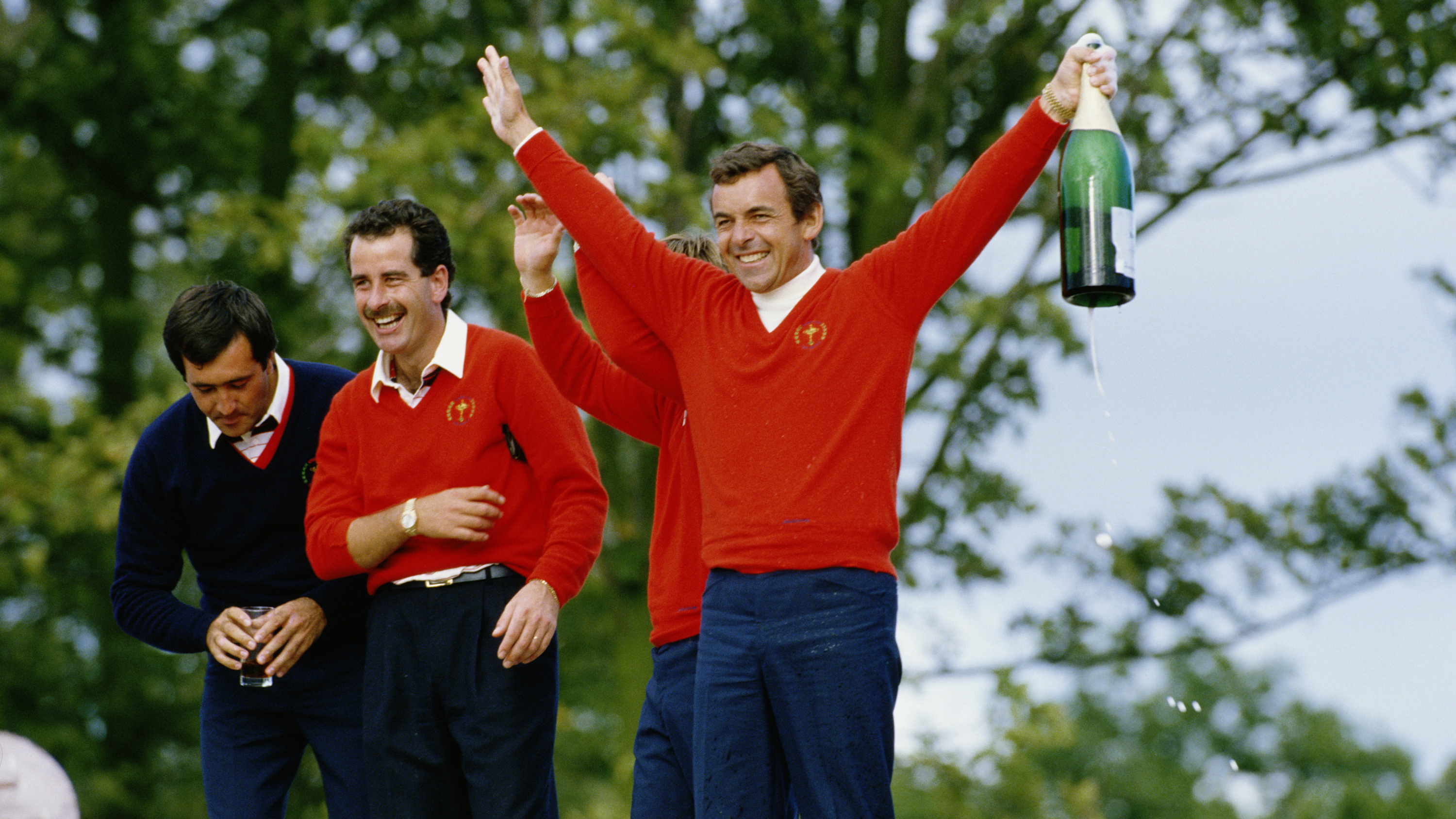

Tony Jacklin was born into a working class family in Scunthorpe in 1944. The son of a lorry driver, golf seemed an unlikely career path. Despite support from his golf-loving father, his parents felt turning professional was too risky. So, at 15, he started as an apprentice in a steel works then took a post as an office boy for a law firm.
But golf’s pull was too strong and, in 1962, Bill Shankland gave Jacklin a job as assistant pro at Potters Bar. He worked tirelessly on his game and began to enjoy success. In 1967 he won four significant tournaments including the British Masters and the Pringle of Scotland Tournament.
Jacklin had the mentality of a confident winner. In 1965 he met Vivien Murray in the bar of a Belfast hotel. That night, he told his friends he was going to marry her – it didn’t bother him she had a boyfriend. 11 months later they were married.
Tough times on the PGA Tour
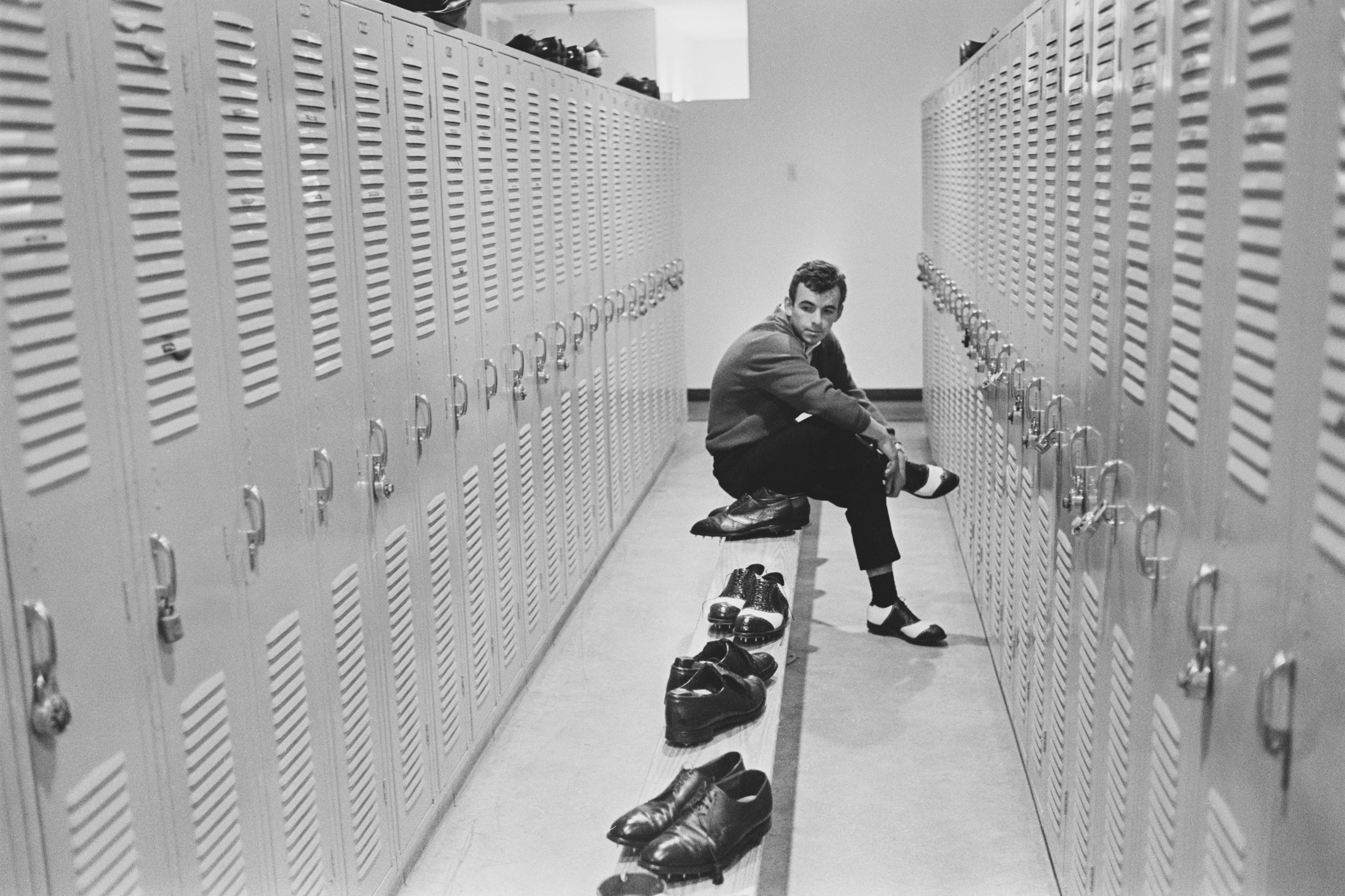
Jacklin wasn't welcomed with open arms by all on the PGA Tour
In 1968 Jacklin travelled to the USA to play on the PGA Tour. The Englishman received a frosty reception from some of the more parochial US players - Dave Hill once loudly said, “Foreign players shouldn’t be allowed to compete in America,” while Jacklin stood just feet away. Despite the narrow-minded few, Jacklin fared well and won the Jacksonville Open of 1968. He returned sure he could beat the best in the world.
The Open 1969
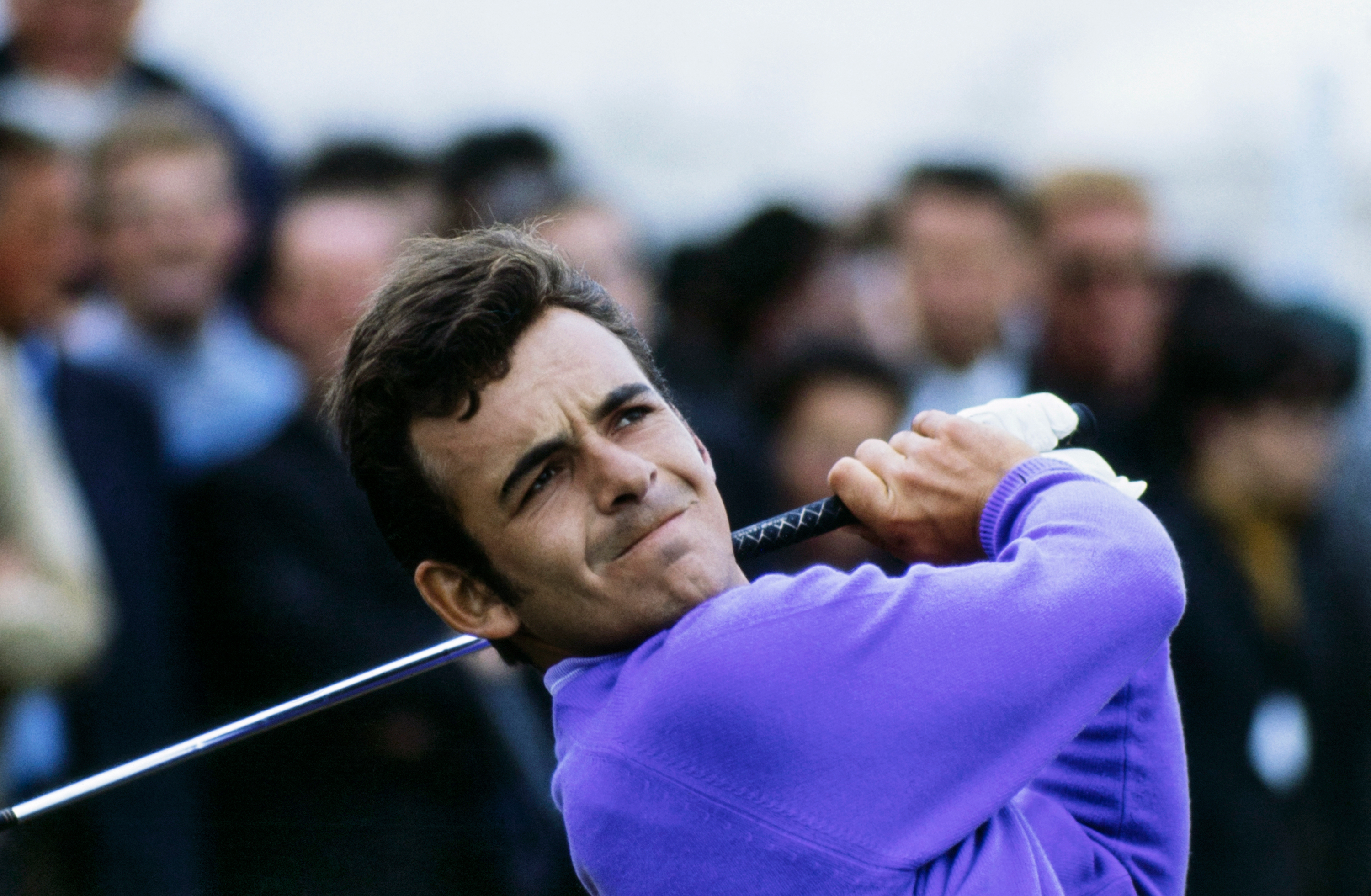
Tony Jacklin in action at Royal Lytham in 1969
In the summer of 1969, Jacklin proved it in The Open at Royal Lytham & St Annes. Standing on the 18th tee with a narrow lead, Jacklin pounded a drive into exactly the right spot on the bunker-strewn fairway drawing the immortal line, “Oh, what a corker!” from commentator Henry Longhurst.
Seeing a charismatic and stylish Brit lift the Claret Jug (the first home winner since Max Faulkner in 1951) sparked a golfing revival and youngsters across the country were inspired to take up the game.
Jacklin was riding the crest of a wave and reached new heights the following year, demolishing the field to win the US Open at Hazeltine by seven shots – the first British US Open winner since Ted Ray in 1920.
Get the Golf Monthly Newsletter
Subscribe to the Golf Monthly newsletter to stay up to date with all the latest tour news, equipment news, reviews, head-to-heads and buyer’s guides from our team of experienced experts.
In 1972 Jacklin should have won The Open a second time. Tied for the lead with Lee Trevino on the 71st hole, Jacklin faced a birdie putt at the par 5 while the American had missed the green with his fourth. Trevino had pretty much given up as he slapped his chip onto the green but, amazingly, it went in for par and Jacklin proceeded to take three from 18 feet. Trevino won and Jacklin never contended in a Major again. Jacklin’s putting fell apart and he tried all manner of cures to no avail. He even tried putting with his eyes closed. Playing in the Bob Hope Classic of 1976, he was so stressed by his putter he went back to his hotel room and passed out.
Ryder Cup captaincy
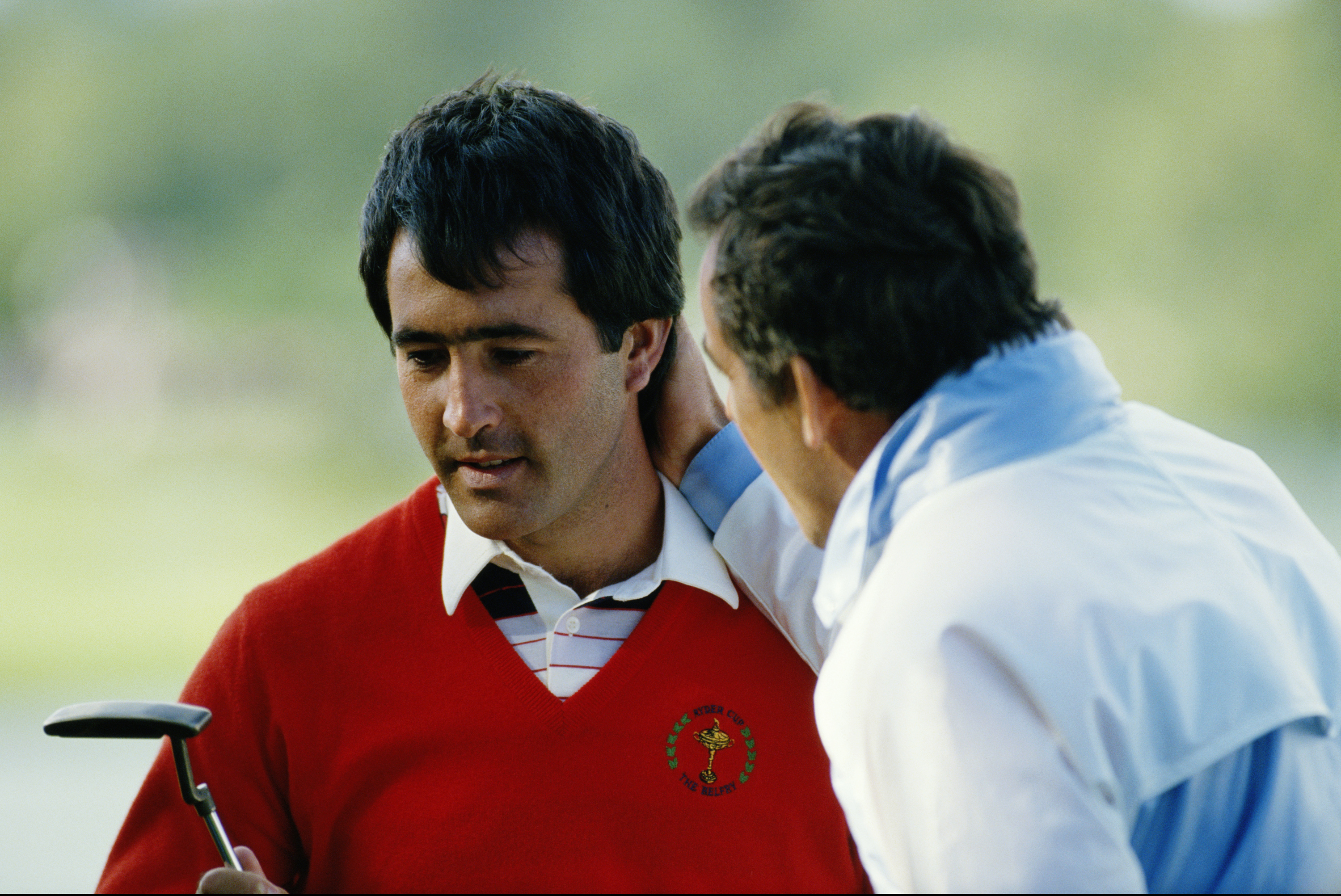
Jacklin has words of encouragement for Seve
Jacklin was disillusioned with golf, but his enthusiasm for the game was reinvigorated when he was appointed Ryder Cup captain in 1983. The USA had dominated the biennial competition since Jack Nicklaus’ famous concession to Jacklin on Birkdale’s 18th green in 1969 had resulted in a halved match. Now, Jacklin would turn things in Europe’s favour.
In 1983 his side narrowly lost out to Nicklaus’ at PGA National. Then, in 1985, he led Europe to a momentous win at The Belfry – our first since 1957. Jacklin remained captain for the 1987 matches at Muirfield Village where the USA was beaten on home soil for the first time in the tournament’s history.
Tragedy struck Jacklin seven months later when Vivien died of a brain haemorrhage. It was a huge blow but he was bravely back to captain Europe one last time in 1989 – a halved match and Europe retained the Cup.
Jacklin’s Ryder Cup leadership through the 1980s helped galvanise European golf and encouraged a new generation of stars to rise through the ranks. Since the famous victory in 1985, Europe has won 11 of the last 17 Ryder Cups.
ESSENTIALS
Date of birth: July 7, 1944
Place of birth: Scunthorpe, England
Career highlights: - 1969 Won Open Championship at Royal Lytham & St Annes - 1970 Won US Open at Hazeltine - European Ryder Cup captain 1983, 1985, 1987 and 1989 - 28 Professional victories between 1964 and 1995 - 1990 Awarded a CBE - 2002 Inducted into World Golf Hall of Fame
Quote: “He gave the impetus for the modern European Tour to be started on the back of his success and the marvelous energy he brought to British and European golf.” Ken Schofield

Fergus is Golf Monthly's resident expert on the history of the game and has written extensively on that subject. He has also worked with Golf Monthly to produce a podcast series. Called 18 Majors: The Golf History Show it offers new and in-depth perspectives on some of the most important moments in golf's long history. You can find all the details about it here.
He is a golf obsessive and 1-handicapper. Growing up in the North East of Scotland, golf runs through his veins and his passion for the sport was bolstered during his time at St Andrews university studying history. He went on to earn a post graduate diploma from the London School of Journalism. Fergus has worked for Golf Monthly since 2004 and has written two books on the game; "Great Golf Debates" together with Jezz Ellwood of Golf Monthly and the history section of "The Ultimate Golf Book" together with Neil Tappin , also of Golf Monthly.
Fergus once shanked a ball from just over Granny Clark's Wynd on the 18th of the Old Course that struck the St Andrews Golf Club and rebounded into the Valley of Sin, from where he saved par. Who says there's no golfing god?
-
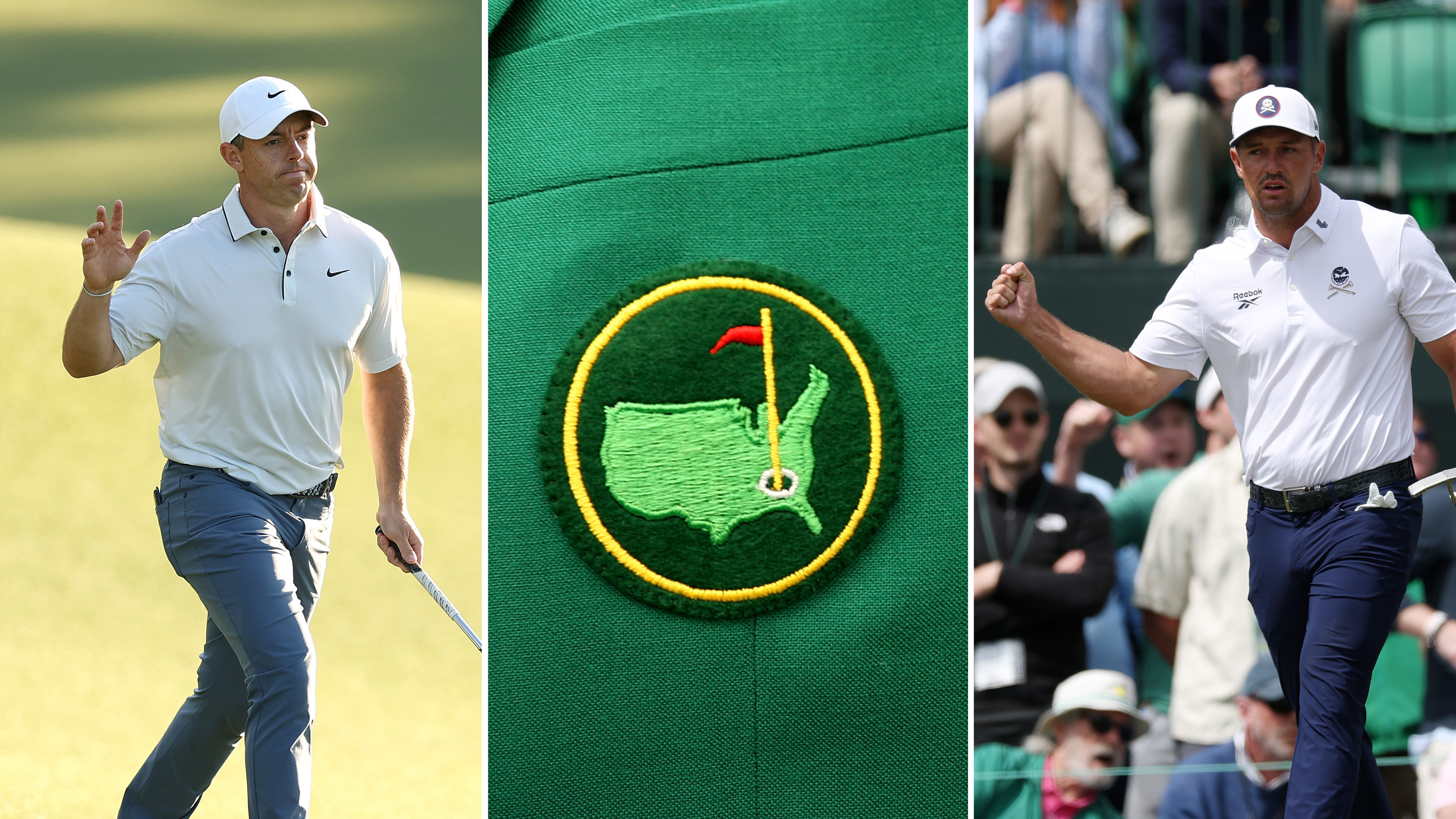 Rory McIlroy vs Bryson DeChambeau: Who Are We Picking To Win The 2025 Masters?
Rory McIlroy vs Bryson DeChambeau: Who Are We Picking To Win The 2025 Masters?We're set up for a blockbuster final day at Augusta National where Rory McIlroy and Bryson DeChambeau play together in the final group
By Elliott Heath Published
-
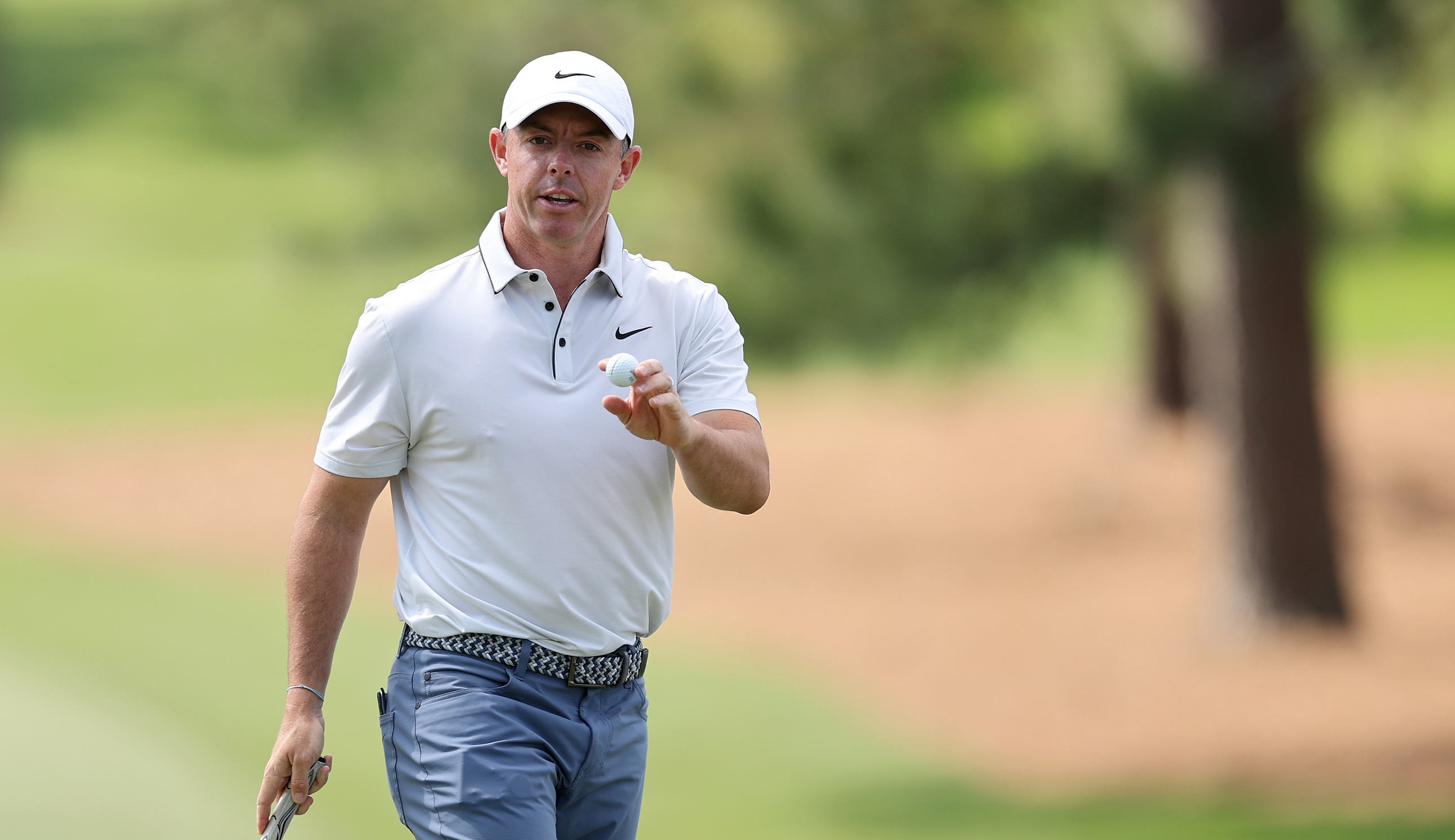 The Masters Crystal Rory McIlroy Has Already Won At Augusta National This Week
The Masters Crystal Rory McIlroy Has Already Won At Augusta National This WeekMcIlroy leads going in to the final round at Augusta National, with the four-time Major winner already bagging some silverware before he looks to claim the Green Jacket
By Matt Cradock Published
-
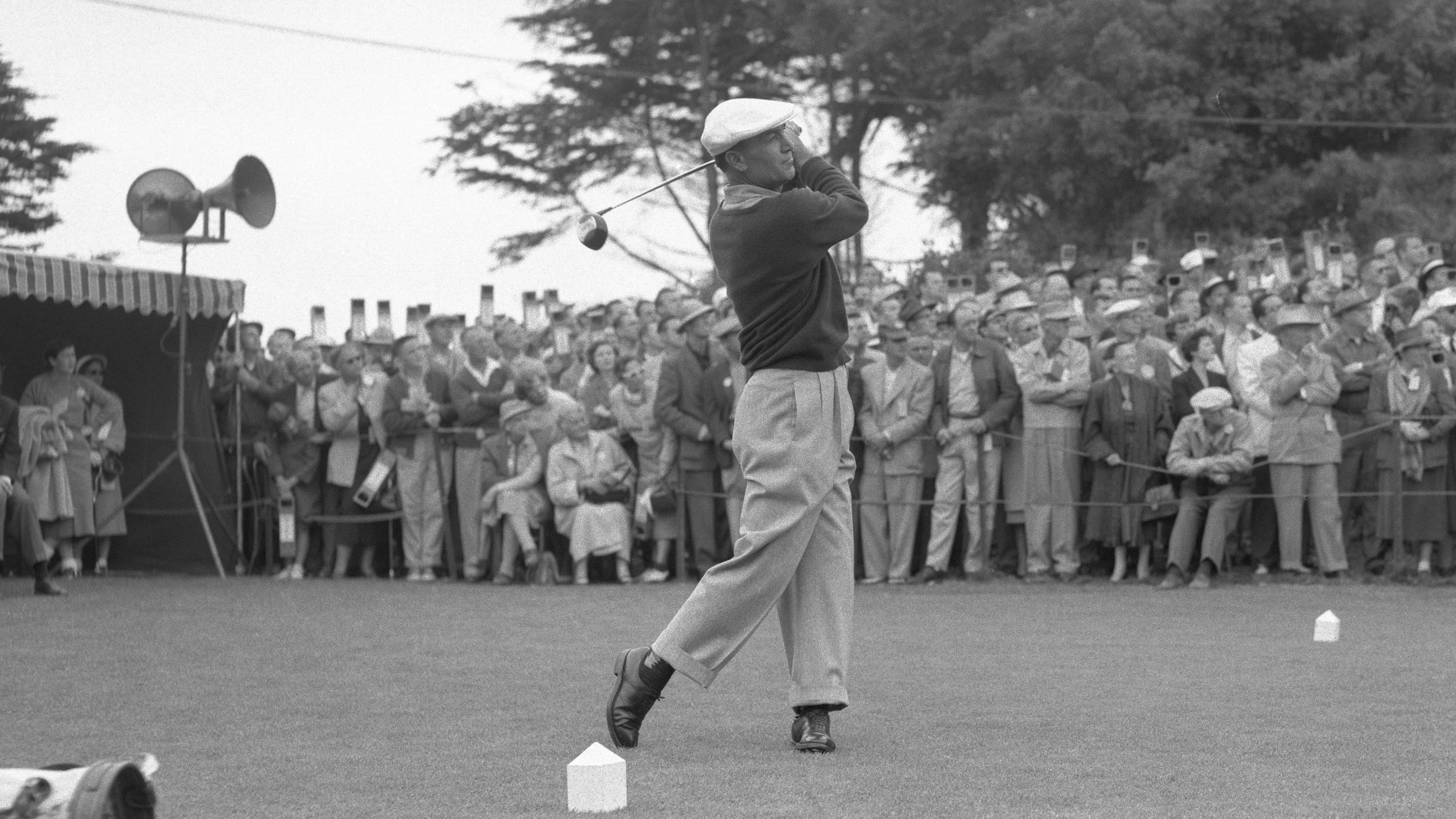 Quiz! How Much Do You Know About Ben Hogan?
Quiz! How Much Do You Know About Ben Hogan?Ben Hogan was one of the greatest golfers in the history of the game. He was a brilliant swinger of the club and is an icon of the sport. How much do you know about him? Test yourself here…
By Fergus Bisset Published
-
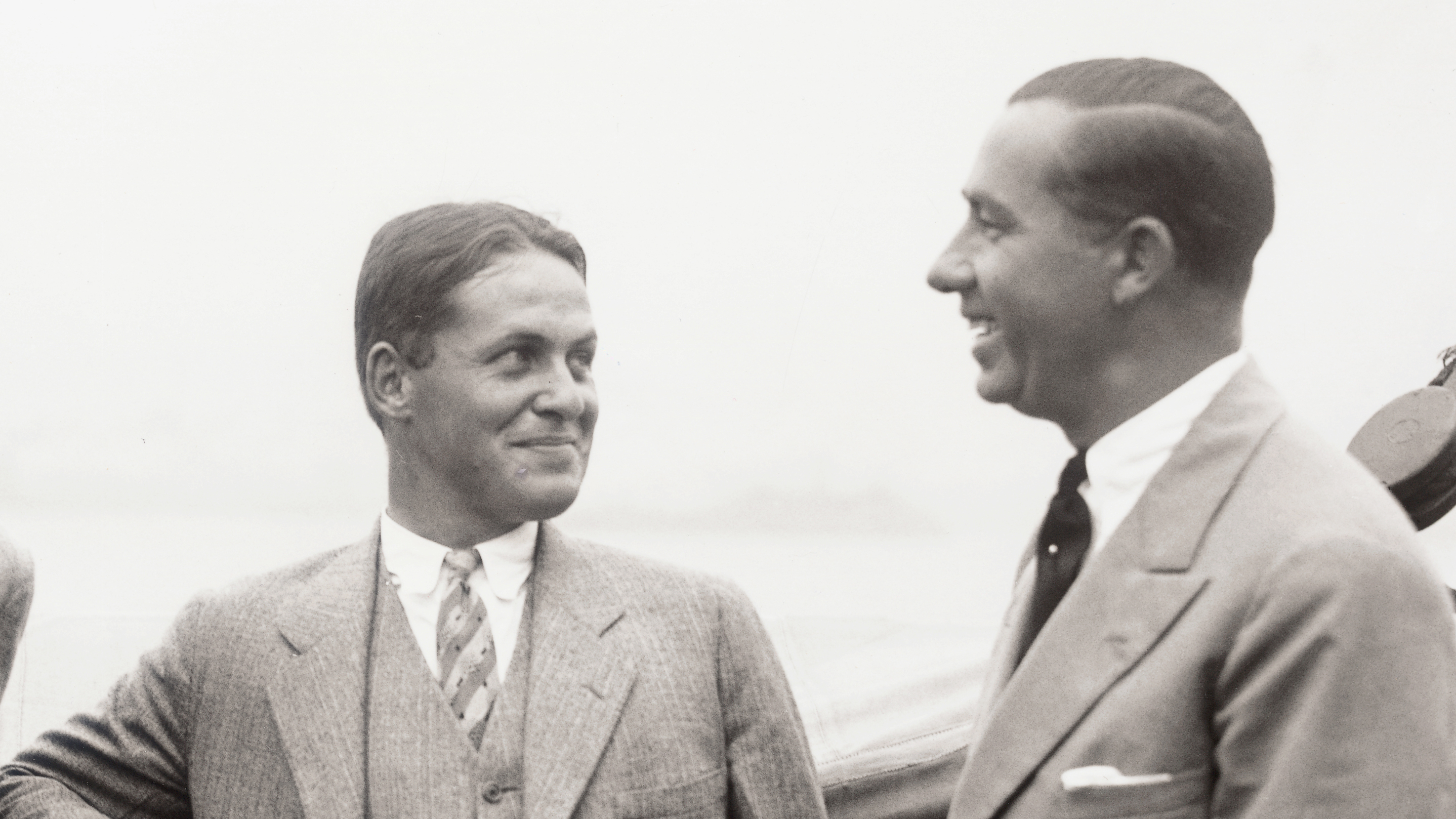 Quiz! Golf In The Roaring 20s – How Much Do You Know About Walter Hagen and Bobby Jones?
Quiz! Golf In The Roaring 20s – How Much Do You Know About Walter Hagen and Bobby Jones?Walter Hagen and Bobby Jones were the standout star golfers of the 1920s. How much do you know about their golfing careers? Test yourself with this quiz
By Fergus Bisset Published
-
 How Far Did Old Tom Morris Drive The Golf Ball?
How Far Did Old Tom Morris Drive The Golf Ball?Old Tom Morris became a golfing legend in the second half of the 19th century, but how far could he hit the golf ball?
By Fergus Bisset Published
-
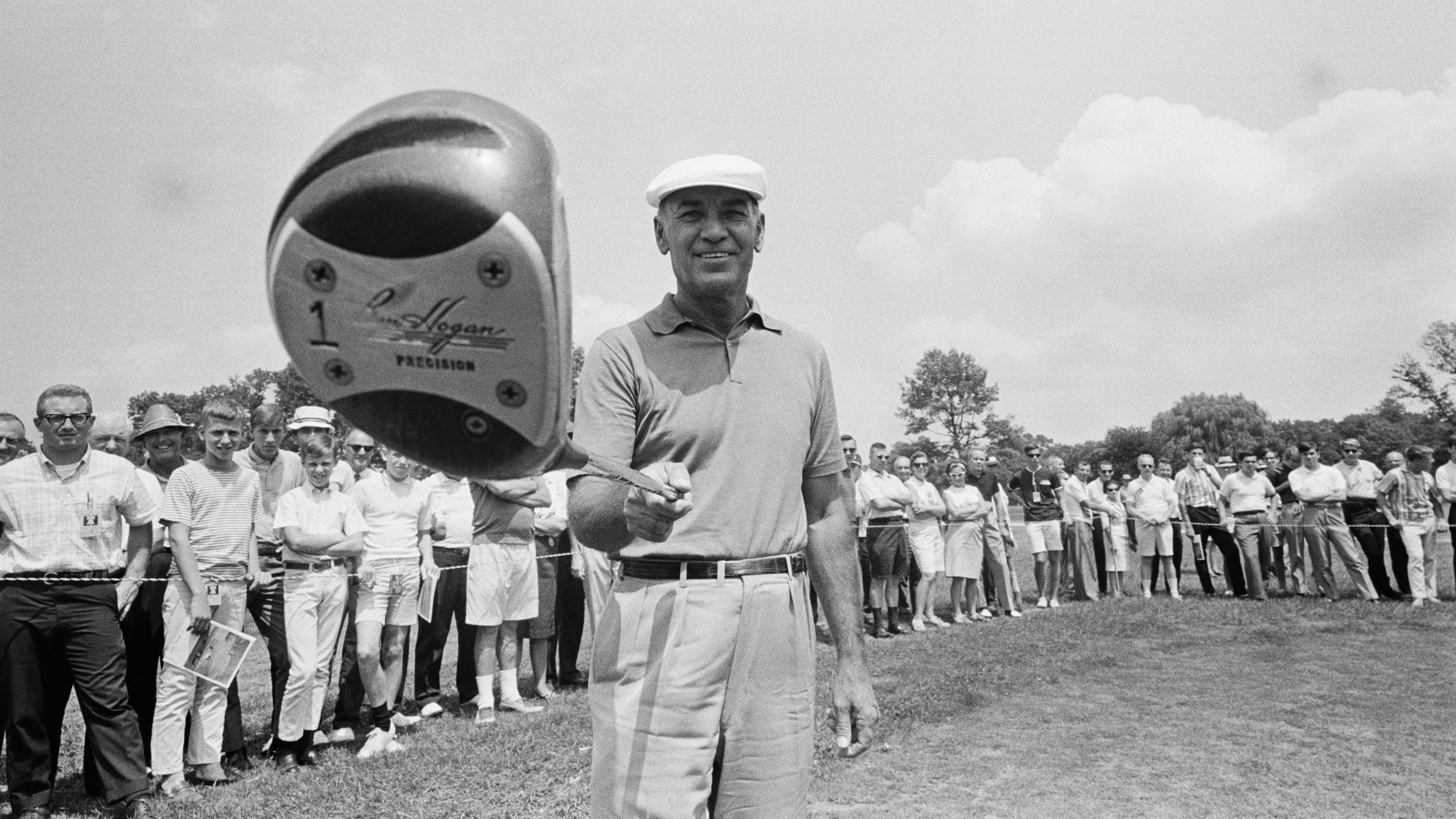 Injury, The Yips And No Form... How Ben Hogan Almost Pulled Off The Unthinkable In His Last Masters Appearance
Injury, The Yips And No Form... How Ben Hogan Almost Pulled Off The Unthinkable In His Last Masters AppearanceAt Augusta National in 1967, 54-year-old Ben Hogan rolled back the years with an incredible back nine of 30 in the third round of his final Masters
By Fergus Bisset Published
-
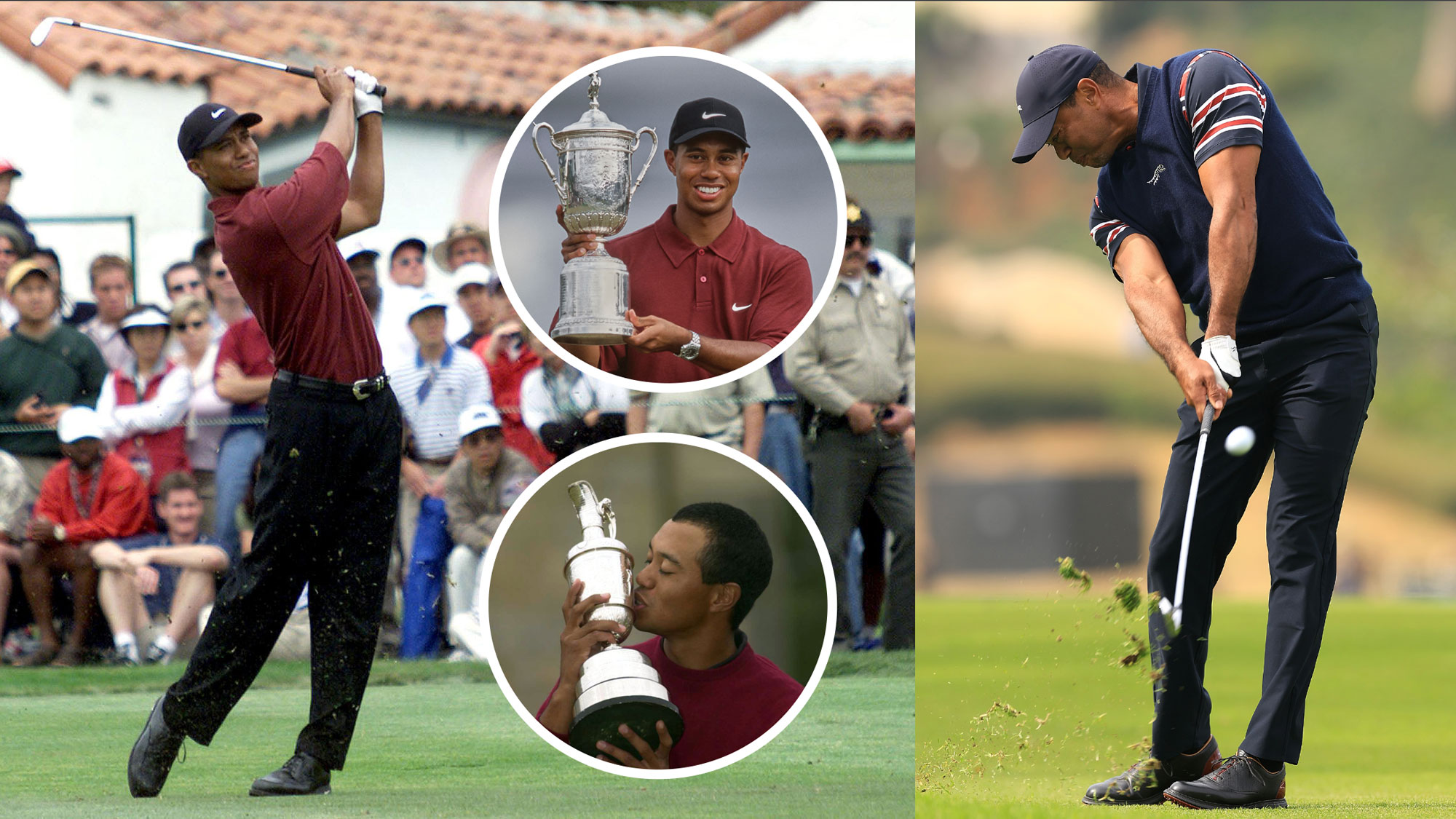 How Would The Unstoppable Tiger Woods Of 2000 Get On Against Today's Best Golfers? We've Crunched The Numbers To Find Out...
How Would The Unstoppable Tiger Woods Of 2000 Get On Against Today's Best Golfers? We've Crunched The Numbers To Find Out...In 2000, Tiger Woods played golf that seemed, and was at times, out of this world. Was it the best anyone has ever played? How would it compare to the best of today?
By Fergus Bisset Published
-
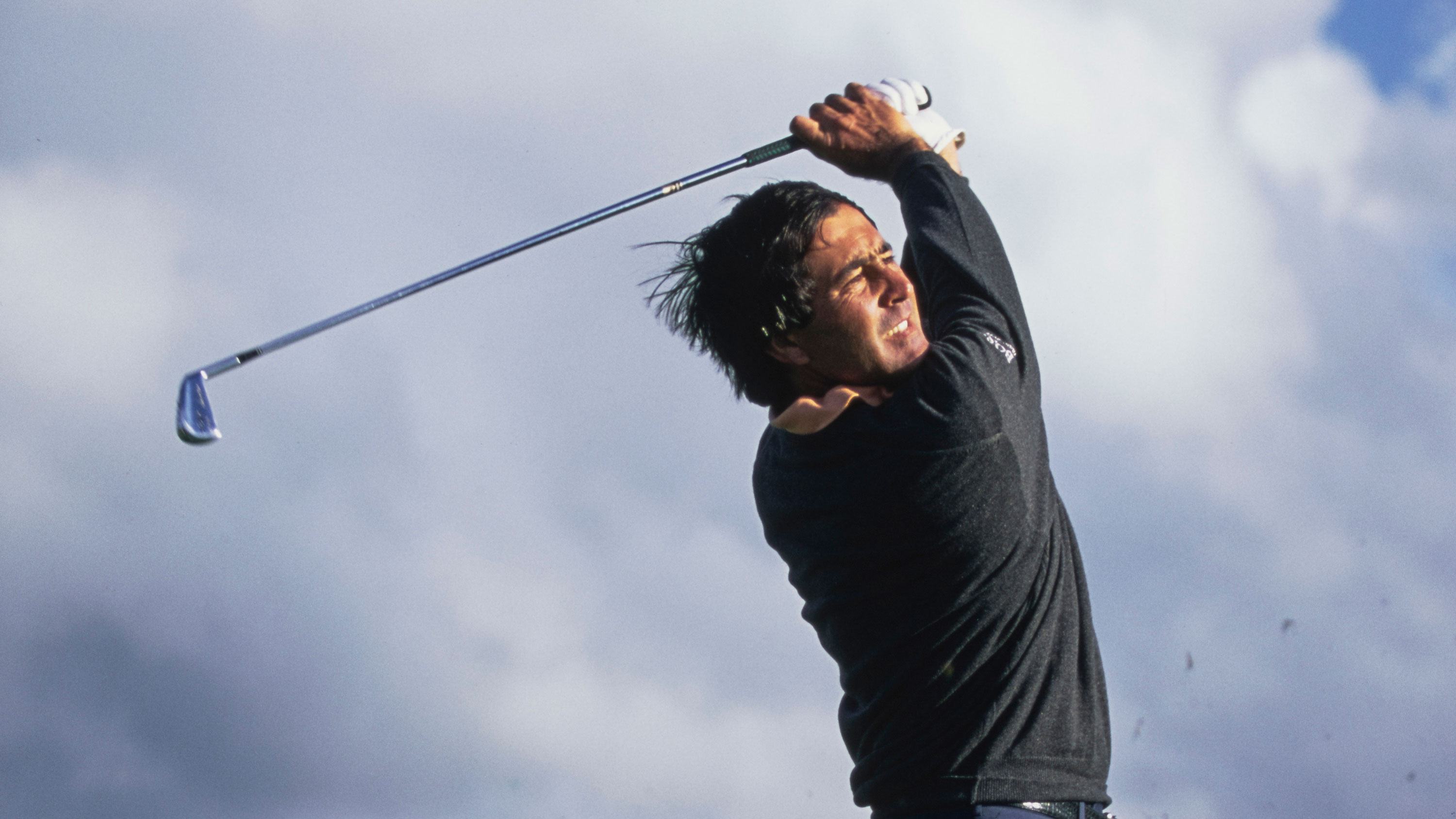 Seve Or Arnie, Who Did More For The Modern Pro Game?
Seve Or Arnie, Who Did More For The Modern Pro Game?Both men were inspirational, and both played a key role in the development of the professional game during the second half of the 20th century.
By Fergus Bisset Published
-
 It Only Took 19 Play-Off Holes... The Amazing Story of Hale Irwin's Record-Breaking 1990 US Open Win
It Only Took 19 Play-Off Holes... The Amazing Story of Hale Irwin's Record-Breaking 1990 US Open WinHale Irwin came through a play-off to become the oldest ever US Open winner in an unlikely and highly memorable contest at Medinah
By Fergus Bisset Published
-
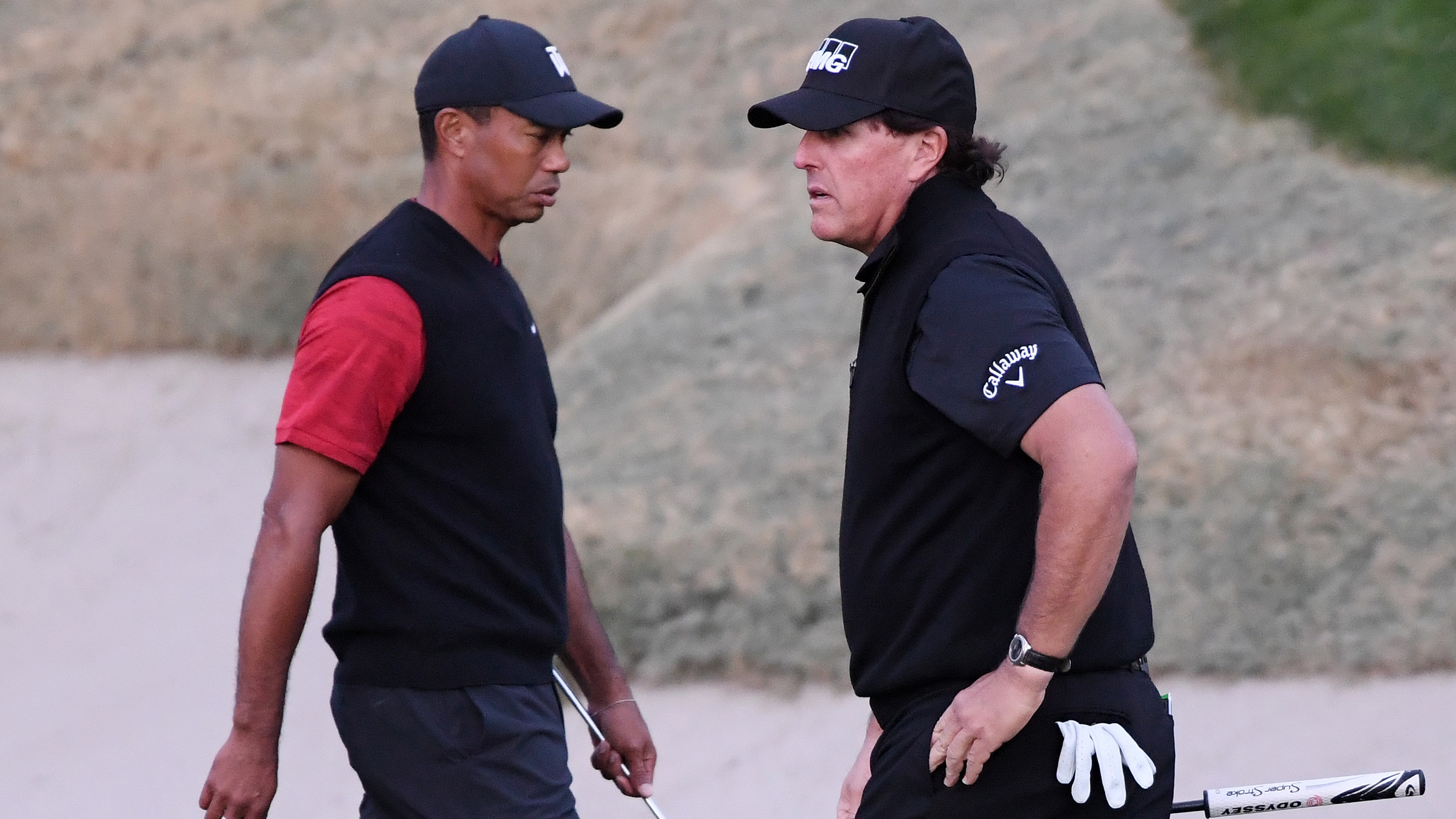 Woods Vs Mickelson – The Numbers Behind One Of Golf’s Great Rivalries
Woods Vs Mickelson – The Numbers Behind One Of Golf’s Great RivalriesWe take a look at the careers of two legends from the last 35 years of golf and compare some of the numbers behind their success.
By Fergus Bisset Published